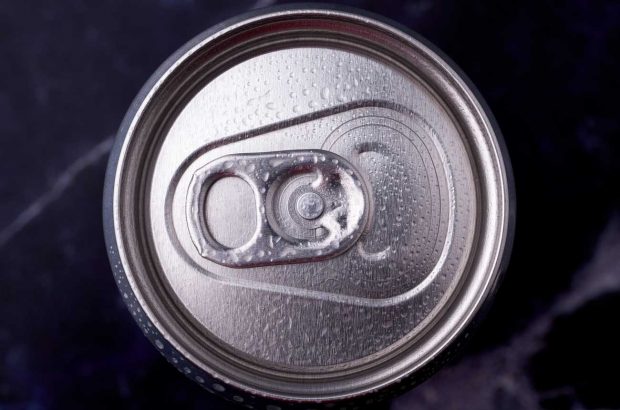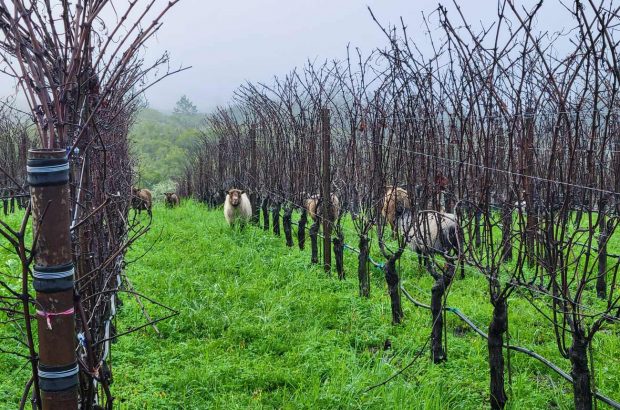The first International High Altitude Viticultural and Winemaking Symposium in California ended inconclusively with disagreements over the future and definition of high altitude wines.
Held at Snows Lake vineyard in Lake County, the conference brought together wine professionals from around the world to discuss the concept, science and future of wines made at high altitudes.
Around 100 attendees listened to speakers including Randle Johnson from Napa’s Hess Collection, Dr Vittorino Novello chairman of viticulture at Torino University, climatologist Dr Gregory Jones of Oregon State University and Australian winemaker Philip Shaw.
Speakers addressed various topics including soil changes at elevation, phenolic characteristics of grapes grown on mountains and hills, trellising, pest and animal controls, and other measures necessary to produce good quality grapes on mountainsides.
However, no consensus was reached as to the actual definition of ‘high altitude wine’, with one group claiming wines grown over 1,000ft should claim the title whereas another group believed 2,500ft should be the minimum height required.
Further disagreement occurred over the potential marketing of high altitude wines. Wilfred Wong from US oulet Beverages and More said his customers would never buy into the concept, while Jeff Prather, from The Wine Merchant in San Francisco said that knowledgeable clientele would, one day, seek out these wines.
Written by Bob Ecker




